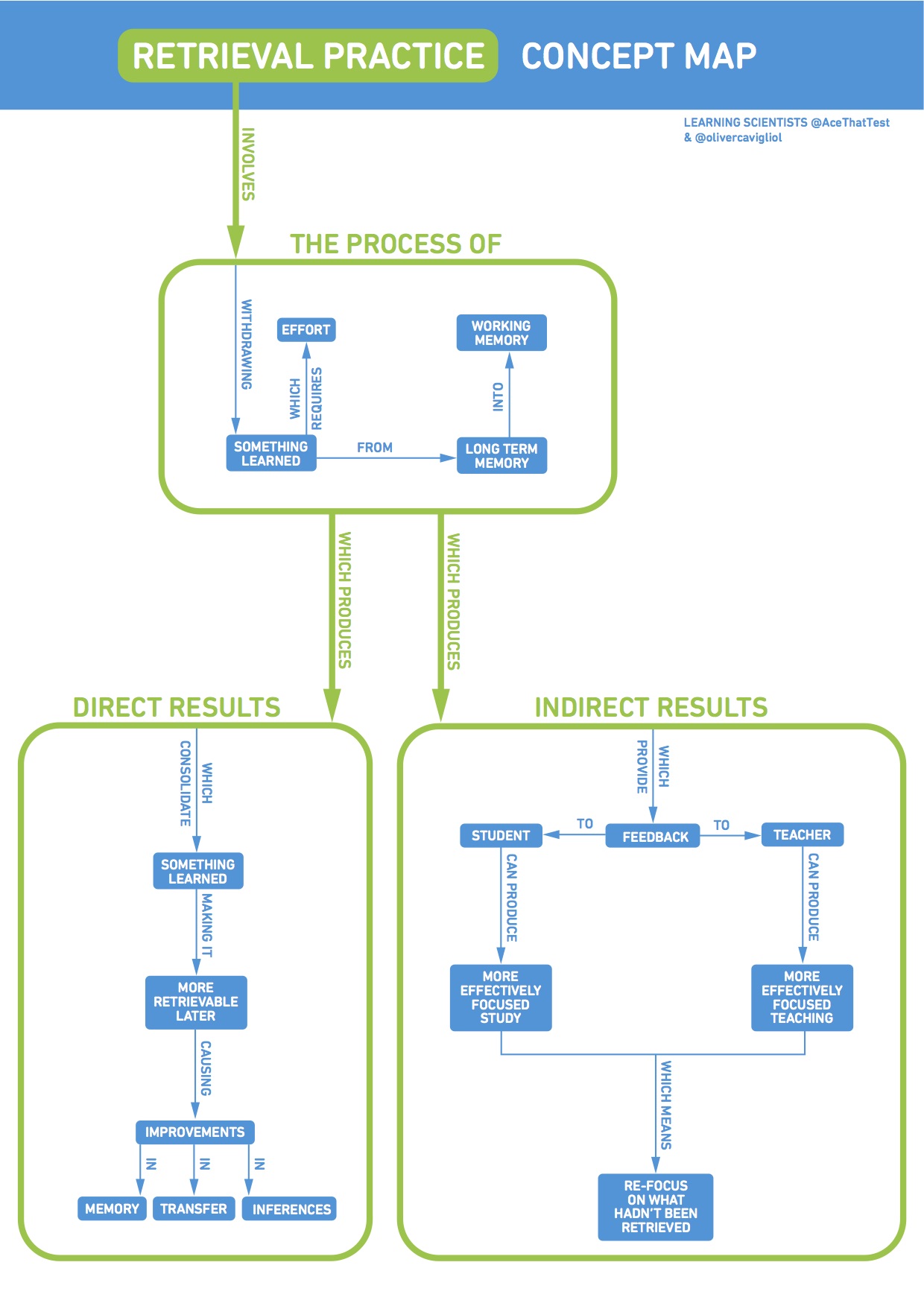Weekly Digest #4: How To Write Good Multiple-Choice Questions
We recently wrote about how we attempt to get our students on board with retrieval practice via classroom quizzing. Clearly, this topic is close to our hearts. But if you do a lot of quizzing, the grading starts to mount up. One way to get around this is to use multiple-choice questions, which can be graded quickly and efficiently. The great thing is that research suggests multiple-choice questions are just as good at improving later test performance, which we also blogged about.
However, a downside to this is that multiple-choice questions take more work up front to ensure that they are good quality. This can be tricky, but fortunately, a whole lot of thinking and synthesizing has been done by teachers and researchers on this topic. Here are a few helpful resources for putting together good multiple-choice questions, organized in order from shortest (if you’re pressed for time) to longest (when you want to really explore the topic – summer reading list, anyone?):
1) Writing Good Multiple Choice Test Questions by Cynthia J. Brame, Center For Learning, Vanderbilt University
A brief article, focusing on just the highlights, including how to construct an effective stem and effective options.
From Brame's Writing Good Multiple Choice Tests
2) Top 10 stupid mistakes in the design of Multiple Choice Questions By Donald Clark, @DonaldClark
Once you’ve followed the brief instructions in the first article, check your questions against the 10 stupid mistakes described here to make sure you haven’t made any of them.
3) How to Prepare Better Multiple-Choice Test Items: Guidelines for University Faculty Produced by Brigham Young University Testing Services and The Department of Instructional Science
A very useful and accessible 35-page guide that includes lots of specific examples for improving your multiple-choice questions. Not just for university faculty!
Mutliple-Choice Checklist From Brigham Young University Testing Services
4) Multiple Choice Questions - Item writing & analysis by Dr. Jane Holland, @drjaneholland
This 47-slide presentation goes into a lot of technical detail on how to design very robust multiple-choice questions. Probably more useful if you are designing an important final exam, than for retrieval practice.
From Jane Holland's presentation on designing multiple-choice questions.
5) Constructing Written Test Questions For the Basic and Clinical Sciences by the National Board of Medical Examiners
This is the handbook that the slide presentation above is based on. Although focused on the medical domain, this guide should be applicable to any content area. The level of detail in this 181-page document (which also includes helpful advice for other quiz question formats, such as true/false) is incredible. Also available in Spanish and Russian.






